Yogurt for Babies – When to Give, Benefits and Recipes

- When Can Babies Start Eating Yogurt?
- Nutritional Value of Yogurt
- Health Benefits of Curd/Yogurt for Babies
- Why Plain and Unsweetened Yogurt Is Better for Infants?
- How Can You Make Plain Yogurt Taste Better?
- What Are Probiotics and Why They Are Good for Infants?
- What to Do If Your Baby Is Allergic to Milk or Is Lactose Intolerant?
- Measures to Take While Giving Yogurt to Infants
- Steps to Make Yogurt at Home
- Yogurt Recipes for Babies
- FAQs
Is yogurt good for babies? Yes, yogurt is among the first food items that babies can eat. Though it is mostly made from cow’s milk, it can also be made from buffalo, goat, or camel milk. There are a multitude of benefits of yogurt for babies, from providing probiotics to treating multiple gut-related issues. What’s more? It tastes superb and can be used in several delicious dishes! Since yogurt is made from dairy, it is also important to take dairy allergy into consideration while introducing this food to your little one. In this article, we shall discuss how you may include this superfood in your baby’s diet and avail yourself of its maximum health benefits.
When Can Babies Start Eating Yogurt?

To answer the popular question, ‘Can 6 , 7 , 8 and 9 month old have yogurt?’ Well, many paediatricians feel that yogurt can be given to a baby at around seven to eight months of age. On the other hand, some paediatricians feel that yogurt is an ideal first solid food for your baby and can be started at around six months of age. But what kind of yogurt can babies have? It is recommended that you opt for a full-fat version of yogurt because a baby needs fat for proper growth and development.
Nutritional Value of Yogurt
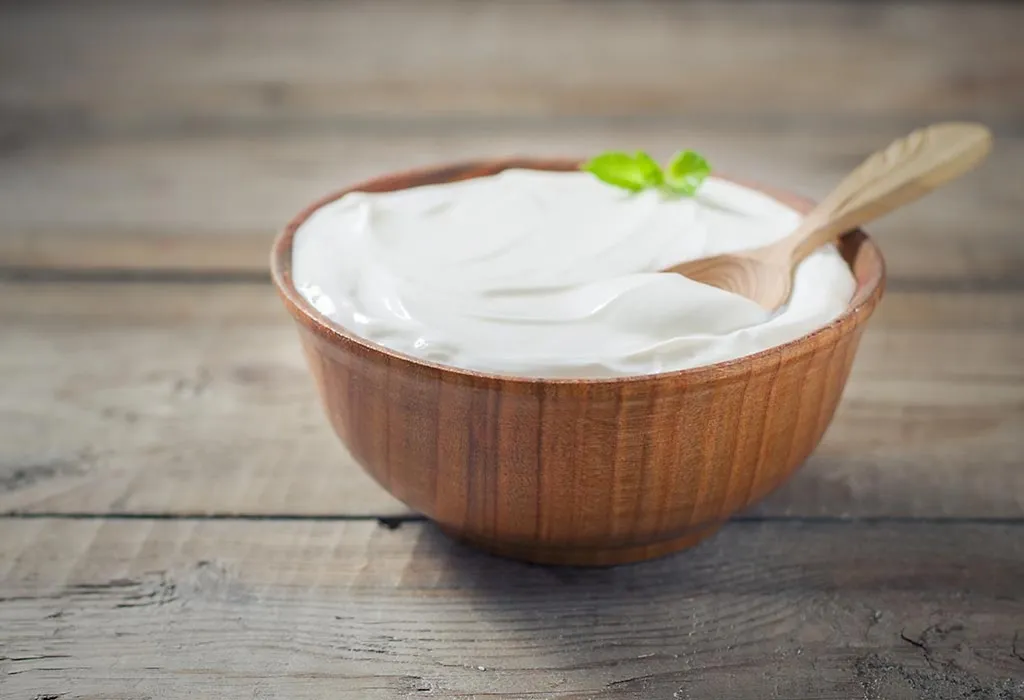
The chart shows the nutritional value of yogurt:
| Nutrition | Amounts per 100 grams | Nutrition | Amounts per 100 grams |
| Energy | 60 calories | Fibre | 0 g |
| Water | 88 g | Total lipid | 3.20 g |
| Carbohydrates | 4 g | Calcium | 120 mg |
| Protein | 3.5 g | Magnesium | 12 mg |
| Sugar | 4.5 g | Zinc | 0.50 mg |
| Sodium | 40 mg | Potassium | 150 mg |
| Iron | 0.05 mg | Thiamine | 0.030 mg |
| Phosphorus | 94 mg | Folate | 7 ug |
| Vitamin C | 0.5 mg | Vitamin A | 98 ug |
| Riboflavin | 0.140 mg | Vitamin D | 0.1 ug |
| Vitamin B-6 | 0.030 mg | Niacin | 0.070 mg |
| Vitamin B-12 | 0.35 mg | ||
| Vitamin E | 0.05 mg | ||
| Vitamin K | 0.2 ug |
The above-mentioned values are the approximate values of various vitamins and minerals present in 100 grams of yogurt.
Health Benefits of Curd/Yogurt for Babies
Many first-time mommies may wonder, is yogurt good for babies? The answer is yes. Some of the benefits of yogurt for infants are discussed below:
1. Good for the Immune System
The presence of lactic acid in yogurt is very effective in building a healthy gut microbiota composition and good immune system in babies (1). Regular consumption of yogurt removes the disease-causing bacteria (diarrhoea, dysentery, etc.) from the stomach.
2. Beneficial to Gastric Trouble
Lactic acid in yogurt helps neutralise the acid-alkali balance of the body. This helps in keeping stomach irritation and gastric problems at bay.
3. Treats Insomnia in Babies
Giving yogurt regularly to your baby helps your baby to sleep better. Apart from this, you may even give a yogurt massage to your baby to induce sleep.
4. Effective in treating Diarrhoea
Yogurt not only keeps diarrhoea at bay but it is also effective in treating diarrhoea (1). It has been proved in a study that babies who were fed yogurt along with standard diarrhoea treatment recovered faster as compared to babies who only received treatment and no yogurt.
5. Loaded With Nutrients
Yogurt is power-packed with nutrients and is ideal for a growing baby. It contains vitamins A, C, B-6, D, E, K, riboflavin, folate and niacin. The presence of calcium, phosphorus, potassium, magnesium, zinc, sodium and other minerals are beneficial for a baby’s overall development (2).
6. Helpful in Treating UTI
Yogurt helps in treating urinary tract infections in babies. The presence of probiotics helps cure the infection and eases the burning sensation while urinating.
7. Ideal Food for Hepatitis and Jaundice
Both jaundice and hepatitis are liver-related ailments which result in the formation of ammonia in the body. Many old and traditional schools of medicine, like Ayurveda, propagate giving yogurt to babies during such illnesses.
Why Plain and Unsweetened Yogurt Is Better for Infants?
Usually, all flavoured varieties of yogurt available in the market are sweetened. Sugar is not good for a growing baby as it may cause tooth decay and weight issues in babies. You may wonder how to check the amount of sugar in yogurt as it has some natural sugar present in it. Therefore, you should look for the word sugar or its substitutes, such as cane sugar, sucrose, fructose, etc., in the nutrition information section on the label. Yogurt made from full-fat milk is the best yogurt for babies as it is required for a baby’s growth.
How Can You Make Plain Yogurt Taste Better?
Though plain yogurt is really good, if you wish to add some twist to it, you may do so. If you are giving yogurt to younger babies, you may add fruit or vegetable purees to make flavoured yogurt for babies. However, if your baby can chew, you may add soft fruit or vegetable pieces to the yogurt to make it more interesting for your baby. The flavoured yogurt recipes for babies may include apples, bananas, strawberries, avocado, wheat germ or oatmeal to the yogurt. However, you should refrain from adding honey to flavour the yogurt until your baby turns one as it could risk them of a particular type of food poisoning called botulism (3).
What Are Probiotics and Why They Are Good for Infants?
Yogurt may contain probiotics, which are very beneficial for your baby’s health. Live cultures or probiotics, which are used to make yogurt from milk, help grow good bacteria in your baby’s gut. However, not all varieties of yogurt contain probiotics or live cultures in it. Another question arises of how you can establish whether a particular brand of yogurt has good bacteria in it or not. Though there is no sure-shot way of establishing the same, you may look for the information on the label.
What to Do If Your Baby Is Allergic to Milk or Is Lactose Intolerant?
If your baby is allergic to milk or is lactose intolerant, it is recommended that you do not give yogurt to your baby without consulting it with your doctor. However, if you are not sure whether yogurt or any milk product caused the allergic reaction in your baby, you should wait for at least three days before giving it again. This way you will be able to know better if it was yogurt or any other food item that caused the allergic reaction. It is always wise to introduce new food at a time and wait for at least three to five days for any unusual reaction to determine its safety and move on to another food item (4).
The allergic reaction may cause red, itchy spots, swelling around the mouth, diarrhoea, or vomiting (5). These symptoms may occur within two to three hours after introducing food.
Although lactose intolerance is not that common in babies, if your baby has it, you may give yogurt to your baby. This is because the yogurt making process breaks down the much of lactose from the milk making it easily tolerated by babies.
Measures to Take While Giving Yogurt to Infants
You may take the following measures before giving yogurt to infants:
- Try to Give Homemade Yogurt: It is best to give homemade yogurt to your baby. It is very easy to make. All you need is warm, full-fat milk and a teaspoon of yoghurt for fermentation.
- Give Full-Fat Yogurt: It is suggested that you give your baby full-fat milk yogurt until your doctor advises against it. In that case, you may give your baby skimmed milk yogurt.
- Storing Yogurt: Yogurt may turn sore soon. Therefore, storing it in a cool place or under refrigeration is best.
- Give Unsweetened Yogurt to Your Baby: Do not add sugar or honey to your baby’s yogurt. You may add fruits or vegetables to flavour it.
- Optimum Temperatures: It is easy to set yogurt in the summer, but it may get tricky during the winter season. You may warm milk up to 50-55 degrees before fermenting it.
- Stick to Plain Yogurt: Do not give yogurt with berries in it, as it may cause an allergic reaction in babies. Instead, opt for plain yogurt.
- Add Fruits for Flavour: You may add banana or mango puree to flavour the yogurt for your baby.
Steps to Make Yogurt at Home
It is best to give homemade yogurt to babies, and this is how you can make yogurt for babies under 1 at home:
Ingredients
- Half a litre milk
- ¼ cup yogurt (the plain variety)
Method
- Boil milk in a heavy-bottomed pan.
- Once the milk boils, take off the flame and transfer it to a dish.
- Once it gets to room temperature, add yogurt to the dish.
- Leave it undisturbed for 7-8 hours.
- Once it is set, keep it in the fridge.
Yogurt Recipes for Babies
Yogurt is a simple dairy item that can be made into different varieties. Here are some yogurt recipes for babies that will suitable for their age and taste buds:
1. Fresh Lassi
In a blender, add 2/3 cup of fresh yogurt and a dash of water. Blend it nicely and serve in a cup on a hot summer day!
2. Banana Yogurt Pudding
Mash half a banana well and add it to half a cup of full-fat yogurt. Mix nicely and serve!
3. Cherry Yogurt
Deseed half a cup cherries. Puree them and sieve to remove the peel. Combine it with 2/3 cup yogurt and serve to your child.
4. Pear Yogurt Blend
In a saucepan, boil 1 pear for 10 minutes until it is soft. Once it cooled, peel and puree the pear in a blender. Now, combine 1 cup yogurt with the stewed pear and serve.
5. Mango and Strawberry Yogurt Delight
Steam four strawberries lightly until they soften. In a blender, mix 1/3 cup peeled and diced mango and steamed strawberries. Mix the fruit mixture with 1/2 cup yogurt and serve.
FAQs
1. Can I give Greek yogurt to my baby?
Yes, greek yogurt is safe for babies and toddlers. It has a low lactose level and less whey protein, which causes allergic reactions. It is recommended that you choose plain Greek yogurt and avoid ones with sweetener and flavourings.
2. What is the best yogurt for babies?
For babies and toddlers, plain, unsweetened, fresh yogurt made of pasteurised whole milk is the best.
3. Can yogurt replace milk or formula?
Well, no, yogurt should not be considered a replacement or substitute of breast milk or formula up until the age of 1. Breast milk or formula are highly essential for a baby’s overall development (6). Yogurt should be treated as a complementary source of protein and probiotics (7).
4. What should I avoid adding in yogurt when feeding it to my baby?
You must avoid any type of sugar, as children under 2 should not be given sugar, honey, as it causes poisoning called botulism (3), and chunks of chocolate, nuts, or fruits that could cause a choking hazard.
So, while cow’s milk is not a good idea for babies, you can always go for yogurt. Just make sure that you get the unflavoured variety to avoid any dental issues.
References/Resources:
1. Donovan. S. M, Rao. G; Health benefits of yogurt among infants and toddlers aged 4 to 24 months: a systematic review; Nutr Rev.; PubMed; https://pubmed.ncbi.nlm.nih.gov/31038676/; July 2019
2. Hadjimbei. E, Botsaris. G, Chrysostomou. S’ Beneficial Effects of Yoghurts and Probiotic Fermented Milks and Their Functional Food Potential; Foods.; PubMed Central; https://www.ncbi.nlm.nih.gov/pmc/articles/PMC9455928/; September 2022
3. Related Symptoms: Food Allergy; American Academy of Pediatrics; https://www.healthychildren.org/English/tips-tools/symptom-checker/Pages/symptomviewer.aspx?symptom=Solid+Foods+%28Baby+Foods%29
4. Abrams. E. M, Becker. A. B; Food introduction and allergy prevention in infants; CMAJ.; PubMed Central; https://ncbi.nlm.nih.gov/pmc/articles/PMC4646750/; November 2015
5. Food Allergies in Children; American Academy of Pediatrics; https://www.healthychildren.org/English/healthy-living/nutrition/Pages/Food-Allergies-in-Children.aspx
6. Why Do Infants Need Baby Formula Instead of Cow’s Milk?; American Academy of Pediatrics; https://www.healthychildren.org/English/ages-stages/baby/formula-feeding/Pages/Why-Formula-Instead-of-Cows-Milk.aspx
7. Working Together: Breastfeeding and Solid Foods; American Academy of Pediatrics; https://www.healthychildren.org/English/ages-stages/baby/breastfeeding/Pages/Working-Together-Breastfeeding-and-Solid-Foods.aspx
Also Read:
Paneer to Babies
Soy Milk for Babies
Health Benefits of Cheese for Babies
Was This Article Helpful?
Parenting is a huge responsibility, for you as a caregiver, but also for us as a parenting content platform. We understand that and take our responsibility of creating credible content seriously. FirstCry Parenting articles are written and published only after extensive research using factually sound references to deliver quality content that is accurate, validated by experts, and completely reliable. To understand how we go about creating content that is credible, read our editorial policy here.








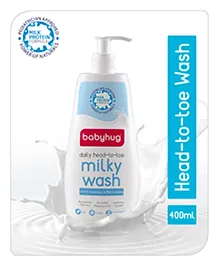
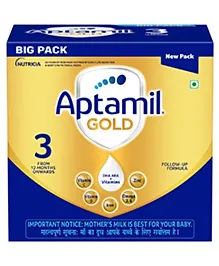
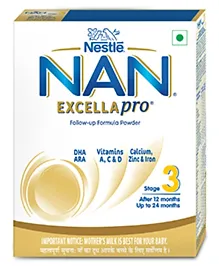
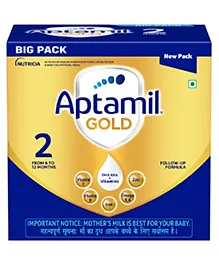
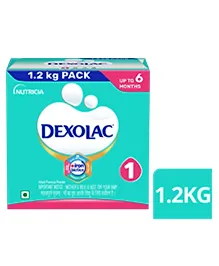
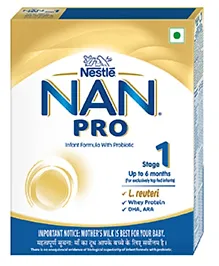
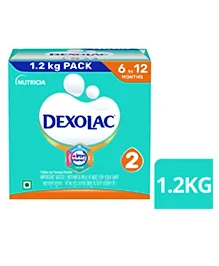
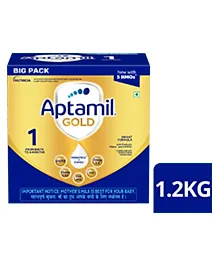
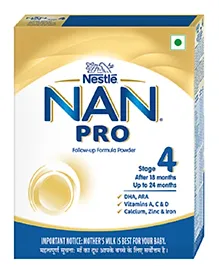


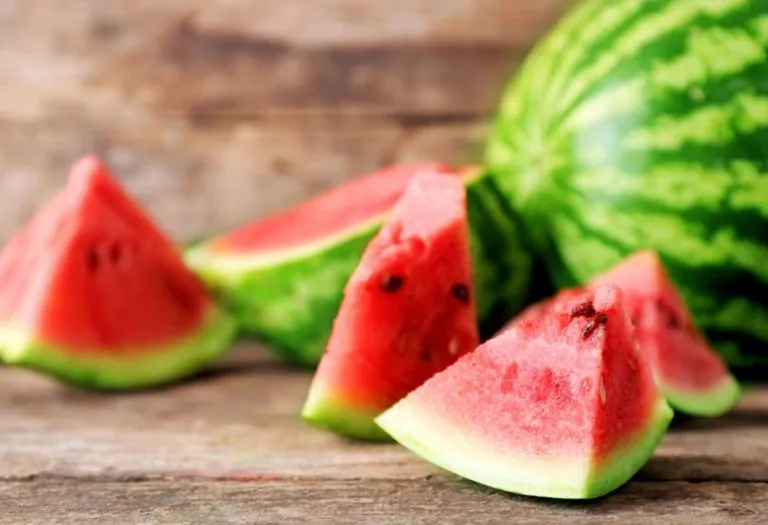

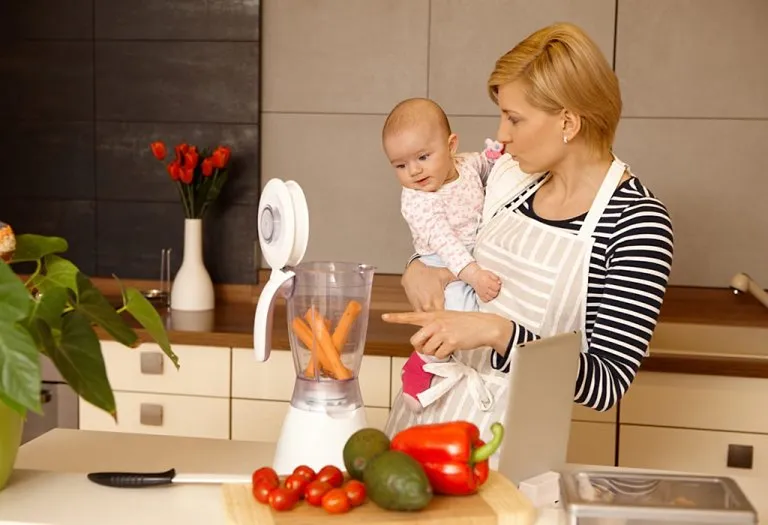
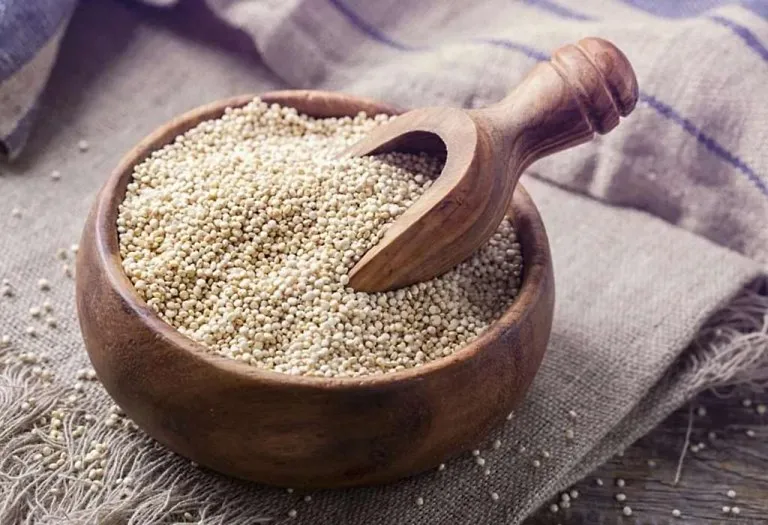

.svg)


















